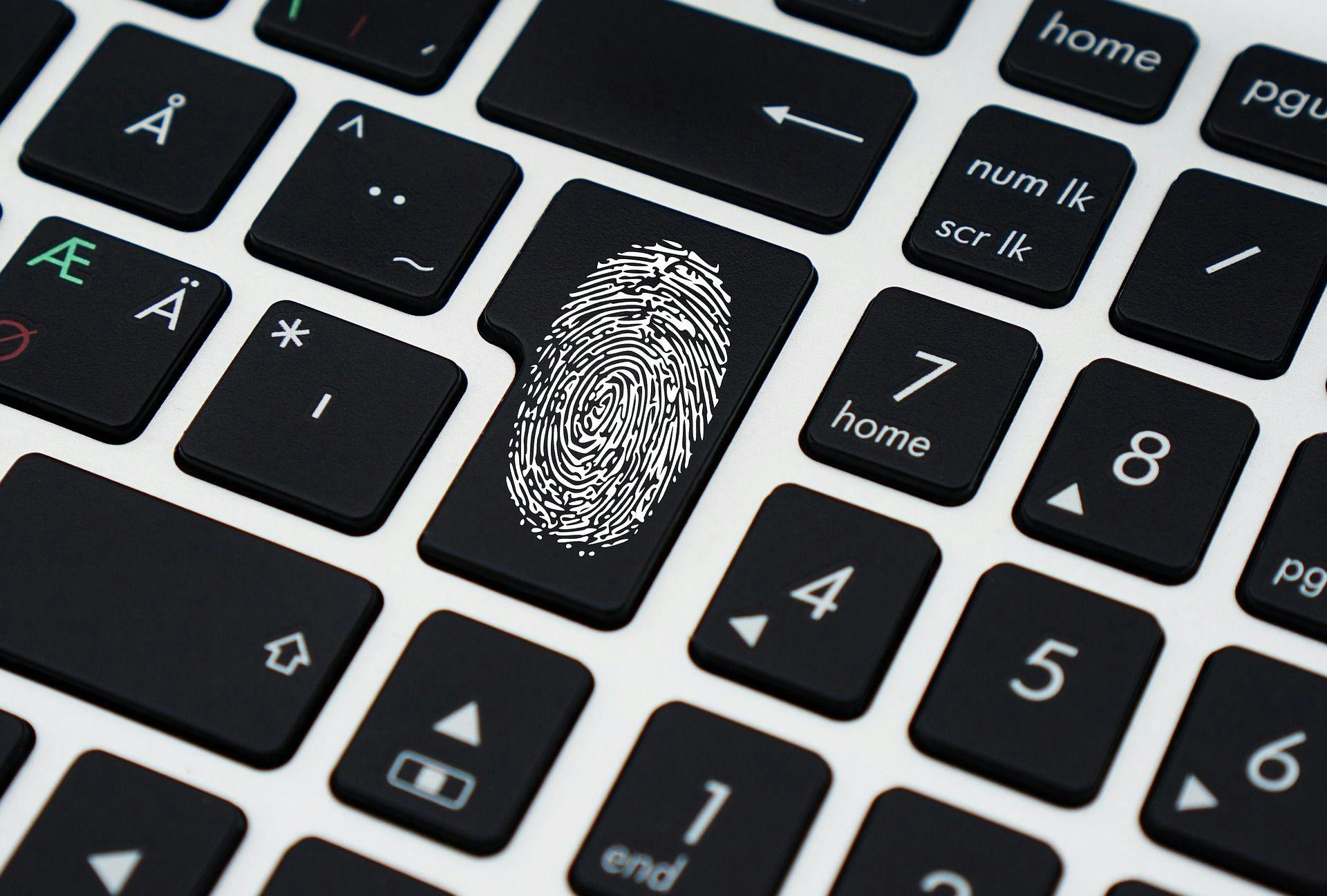247 reads
A Simple Cybersecurity Guide for The Hopelessly Confused
by
January 27th, 2021
iProVPN came up with a VPN service consisting of efficient attributes that would help the user to stay anonymous.
About Author
iProVPN came up with a VPN service consisting of efficient attributes that would help the user to stay anonymous.
